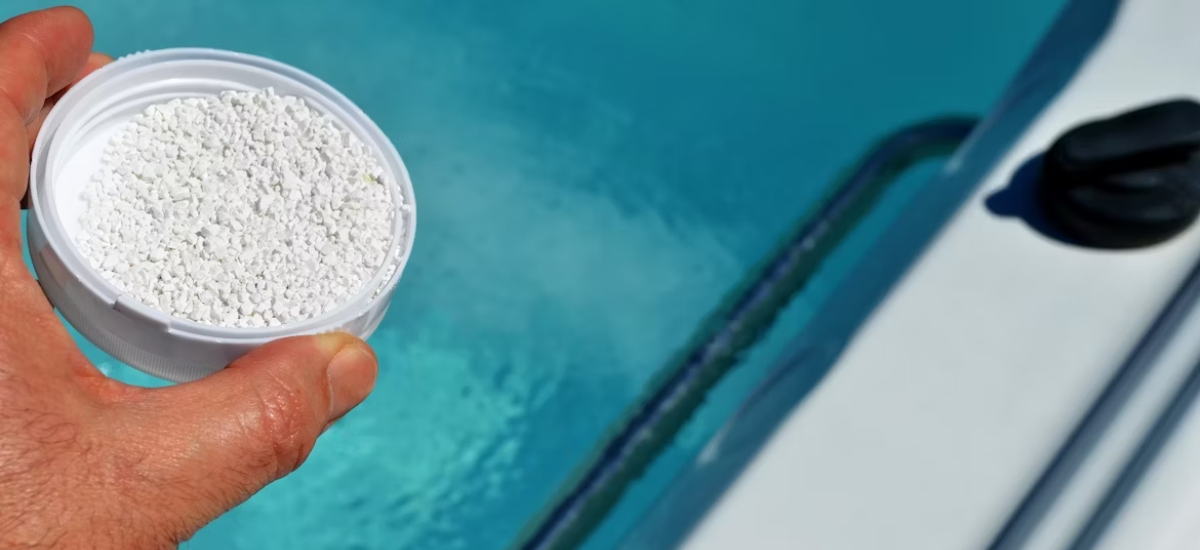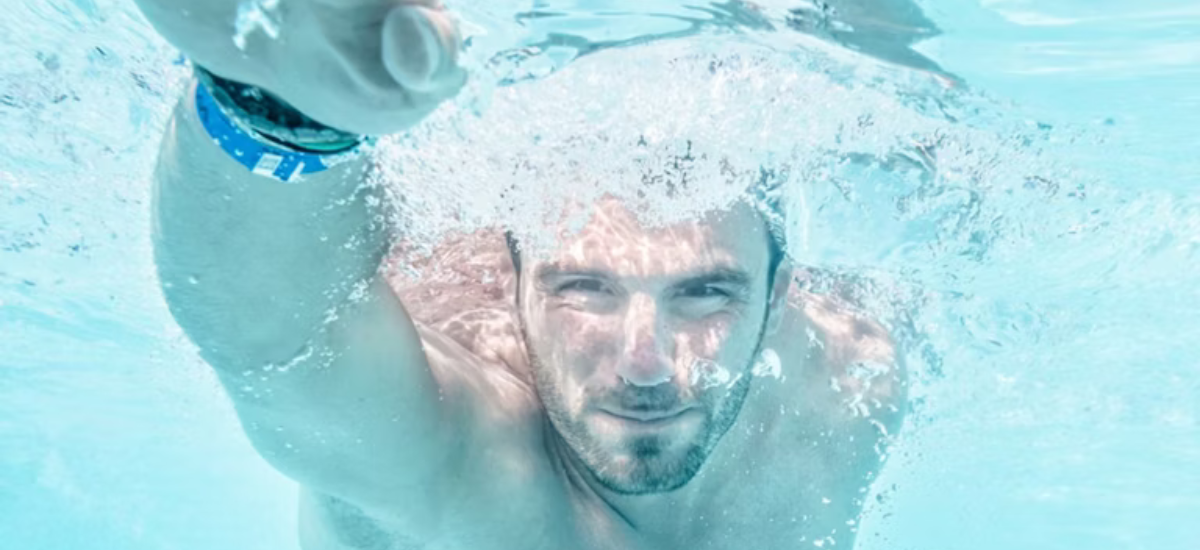Wondering which is the best treatment for your spa? This article includes informations that would help to maintain your spa pool fresh and clean and tips for reducing chemical use in your spa or swim spa.

Maintaining a clean and safe spa pool requires using the right chemicals. These products help balance water chemistry, prevent bacteria growth, and ensure your spa remains hygienic.
The two main types of chemicals used in spas, swim spas and plunge pools are:
As the name implies, water balancing chemicals help maintain the proper levels of alkalinity, pH, and water hardness. When spa water is unbalanced, it can turn corrosive, which isn't ideal for your skin or the spa itself!
Can you use a spa without chemicals?
We strongly advise against using a spa without chemicals. Regularly adding high-quality spa sanitizer to your water keeps it clean, free from bacteria, and germs.
Sanitizers also help eliminate residue and oils after each soak, ensuring your spa stays crystal clear around the clock.
If you're thinking, "How can I keep my spa clean without chemicals?"—the truth is, you can't. Some may argue that saltwater systems don't use chemicals, but that's a misconception.
Saltwater systems still rely on chlorine, though it's produced from salt and electricity rather than being directly added.

Are there any spas that don't need chemicals?
Although some spas may need fewer chemicals than others, every spa pool still requires sanitizers or treatments to maintain safe and clean water.
You might have heard of spas with automated sanitizing systems, such as ozone, UV, or saltwater systems, and wondered if they eliminate the need for sanitizers. While these systems can be highly effective, even the best ones still require some sanitizer chemicals.
What should I use to maintain my spa?
Key chemicals include sanitizers like chlorine and bromine, which kill bacteria and control algae. Chlorine is widely used due to its fast-acting nature, while bromine is more stable in hot water, making it ideal for spas.
pH balancers are necessary to keep the water at a comfortable pH level, preventing skin irritation and equipment damage. If the pH is too high or low, it can affect the effectiveness of other chemicals. Shock treatments are used periodically to remove organic contaminants and keep the water crystal clear. Clarifiers can also be added to enhance water clarity by gathering small particles, making them easier to filter out.
There are pros and cons to each chemical. Chlorine is cost-effective and works quickly, but can be harsh on sensitive skin. Bromine is gentler and longer-lasting, but more expensive. Additionally, you’ll need to adjust alkalinity and calcium hardness levels to protect your spa surfaces and ensure the longevity of the equipment.
Using these chemicals properly and regularly testing your water will help you enjoy a clean, safe, and well-maintained spa pool.

